Ghana’s Chew and Pour Education Exposed NSMQ Finalists in Dubai
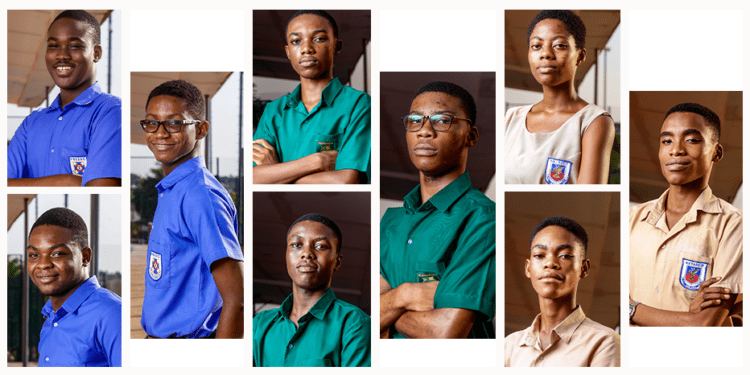
Ghana’s Chew and Pour Education System exposed the 2021 NSMQ finalists in Dubai when they failed to arrange the Digestive System during their tour of the Sharjah Science Museum in Dubai.
Although we cannot blame these great brains, we can say without a doubt that education in Ghana has been poorly resourced in terms of making tools and materials for practical lessons possible. This means exposing students to the practical aspect of the abstracts they learn is virtually absent. It is not uncommon to see science students rattle the chemical elements, their atomic numbers, and all the other details yet when it comes to the practical use of these, our teachers are not resourced and trained to teach that aspect and the application of the knowledge.
Ghana’s Chew and Pour Education System and approach to imparting knowledge produces graduates who can memorize an entire textbook, but fail to understand the practical application of the knowledge acquired.
Education in the country lacks practical exposure, and it is theory-based indeed. These very loopholes were sadly exposed in Dubai when our NSMQ finalists failed to come to the part with the various part of the digestive system before them to be fixed.
The 2021 NSMQ finalists visited Sharjah Science Museum in Dubai, where the teams were asked to arrange the digestive system. Unfortunately, the students failed to do so. Their Science teacher remarked that teaching in our country does not expose students to hands-on experiments or practical work, hence their inability to fix the system.
Schools have places they call science and ICT labs, for example, but the equipment and tools needed for them to function are not available or broken and never fixed.
The deficits of the current Chew and Pour, Pass and Forget Education System, which does not give practical lessons a place in our pre-tertiary education sector, are visible everywhere even at the tertiary level.
Colleges or universities of education lack adequate resources to train science teachers, hence the Chew and Pour trained science teacher can at best also teach his or her students how to chew and pour.
Basic schools lack the resources to expose the young learners to practicals and will only attempt practical lessons if the teacher is brave enough to ask learners to bring some apparatus from home.
Science and maths quiz in the country has no segment for the display of practical knowledge, and students are only hailed for the theories they have intentionally memorized over time in preparation for the quiz.
The organizers of the world-class Science and Maths Quiz have introduced a practical aspect of the competition to bridge the gap between theory, practical aspects of Mathematics, and Science through the STEM-based competition. However, this needs to be extended and integrated into the actual competitive NSMQ since the new STEM aspect introduced is separate and distinct from the actual competition.
READ: 8 WASSCE Economics Questions & Answering Guidelines From UK Examiners
The above deficits exposed an apparent gap in our practical knowledge, and these have affected the quality of graduates and made it difficult for students to practice what they study in school and implement the knowledge in a way that will be beneficial to society. Therefore, in order to make young students /graduates solution-oriented, efforts must be made to intensify practical teaching and learning across all schools.
Suggestions to change Ghana’s Chew and Pour, Pass and Forget Education System
The Government of Ghana’s move toward STEM-based schools is worth mentioning as they will help in the vigorous introduction of the practical aspect of the STEM subjects in such schools. But more important is the need to resource schools across the country and in every corner to gradually embrace STEM by improving on the current schools’ resources to integrate STEM into their current setup.
While the current basic and secondary schools we have may not have been built to accommodate STEM in its fulness, we can begin STEM Hub Projects in our schools by resourcing the schools and giving them the needed tools and support. Let us start with STEM clubs in all schools and finance these STEM clubs. This can be a good way to begin this journey into integrating STEM into our schools.
The Ministry of Education and the GES must begin to put in place strategies to quickly integrate STEM into schools without delay. We have ourselves to blame if we fail to change the education landscape at the pre-tertiary level. The long talks and fun-packed sod-cutting ceremonies and events to celebrate one new project initiated and other others should be halted, and such resources should be channeled into procuring relevant tools and equipment needed to establish a STEM hub in at least a school at a time.
NEW AND MUST READ: 2021 NSMQ Finalists Dubai Fiasco is a Blessing to Ghana
READ: How to reduce WASSCE, NOV-DEC or BECE Failure by 50% for Free
It is never too late to start. The time to change the Chew and Pour, Pass and Forget narrative in Ghana’s education landscape is now.
Source: Wisdom Hammond| Ghanaeducation.org

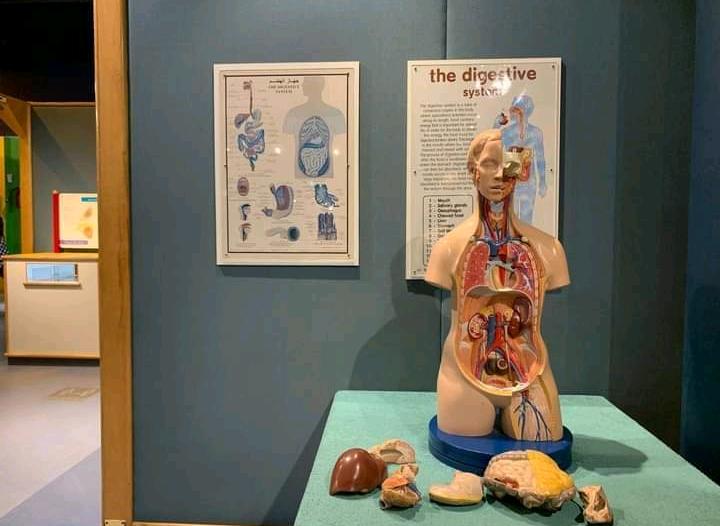

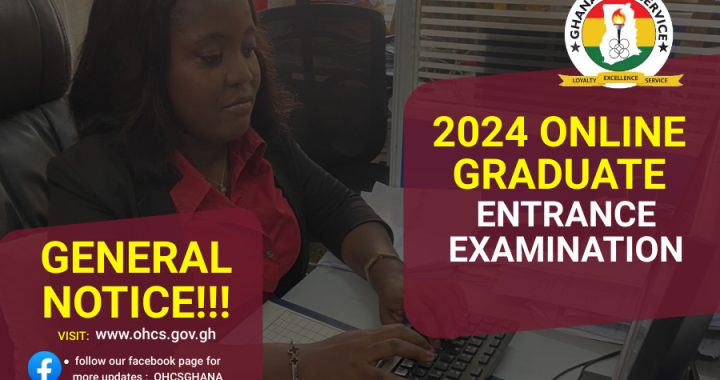 Civil Service Announces 2024 Online Examination Details for Graduate Applicants
Civil Service Announces 2024 Online Examination Details for Graduate Applicants  BREAKING: President Biden Announces Decision Not to Seek Reelection
BREAKING: President Biden Announces Decision Not to Seek Reelection  Real Reason Behind the Appointment of Yohunu as Deputy IGP
Real Reason Behind the Appointment of Yohunu as Deputy IGP 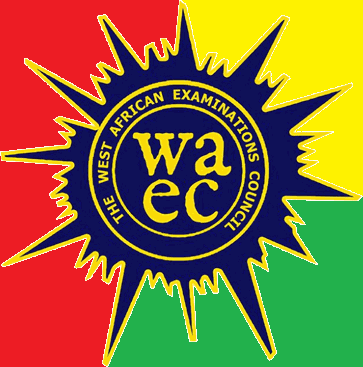 WASSCE 2024 Integrated Science Sample Questions
WASSCE 2024 Integrated Science Sample Questions  UCC extends admission deadline for Ed. degree programme (Switch 3.1)
UCC extends admission deadline for Ed. degree programme (Switch 3.1) 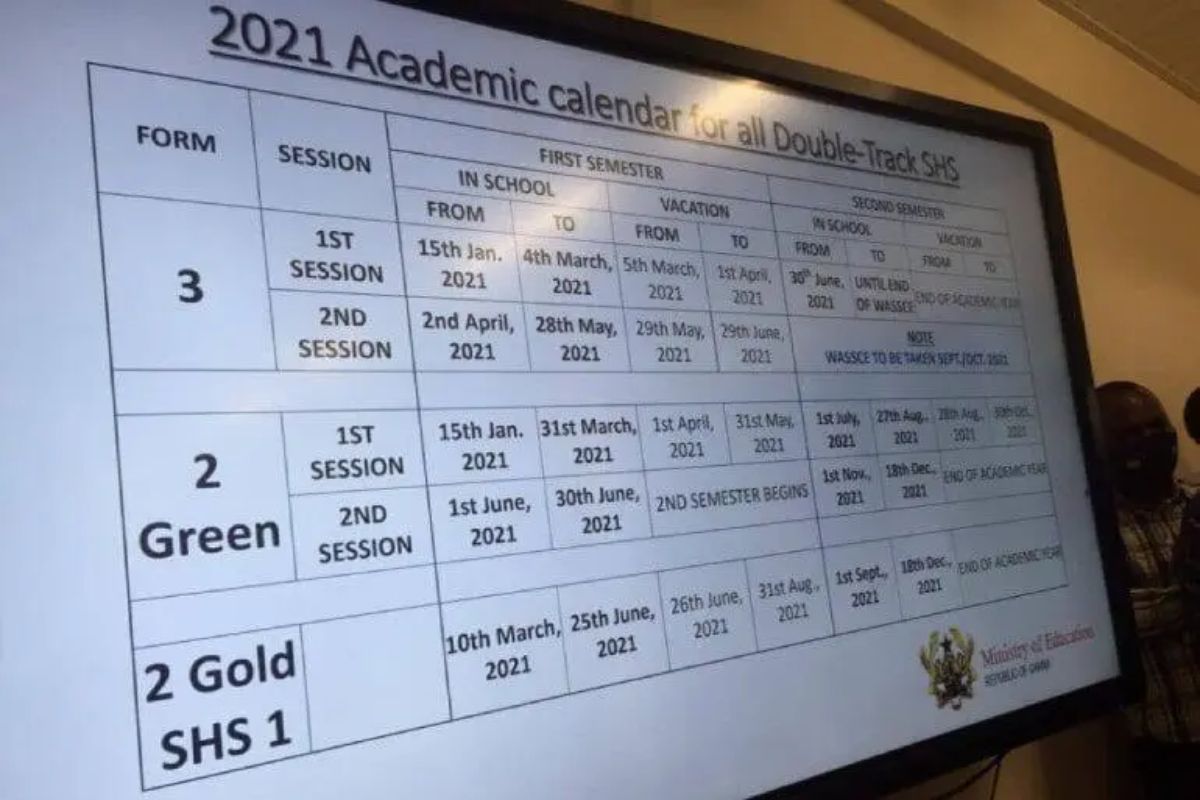 2024-2025 Academic Calendar for Private Schools Out
2024-2025 Academic Calendar for Private Schools Out 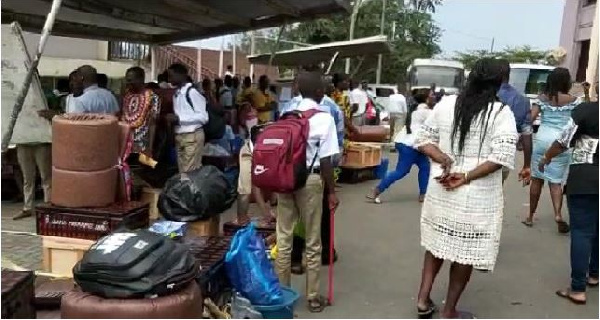 2024 BECE Graduates To Start SHS In September -GES
2024 BECE Graduates To Start SHS In September -GES